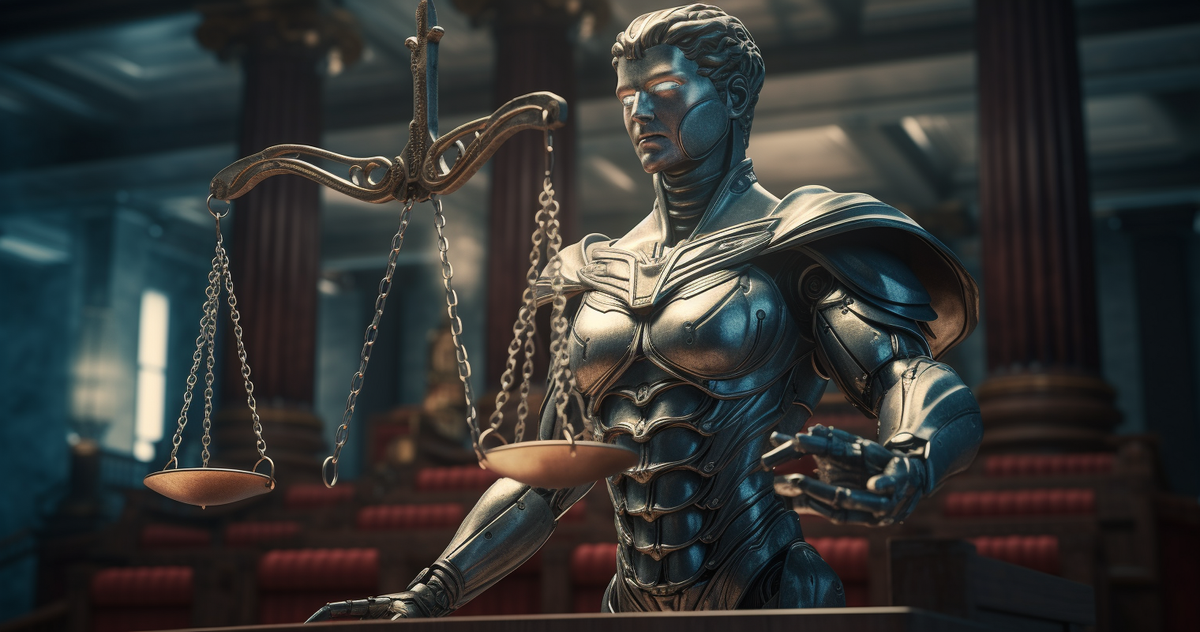“Our first concern is that large firms controlling critical inputs for foundation model development may have both the ability and incentive to restrict access to those inputs to shield themselves from competition,” said Sarah Cardell, CEO of CMA. Cardell said the company will look into the interplay between AI and cloud service providers as well as chips — as too much vertical integration could cause problems. Plus, they’ll look into the investments and partnerships between big tech firms like Microsoft’s $13 billion stake in OpenAI and Amazon’s $4 billion investment in Anthropic.
On the same day, Europe’s competition authority said it’s nearing the end of its preliminary probe of Microsoft’s relationship with OpenAI. In the US, the Federal Trade Commission announced in January that it’s looking into deals between Amazon, Anthropic, Google, Microsoft, and OpenAI for signs of anti-competitive behavior. Any of these antitrust authorities, even outside of the companies’ home countries, can effectively unwind or block the investments if they find they violate their rules—an enormous threat to those involved.
While these aren’t full-on mergers or acquisitions, antitrust regulators do have authority over partial-ownership deals or any partnership that could harm competition and, as a result, consumers.



















